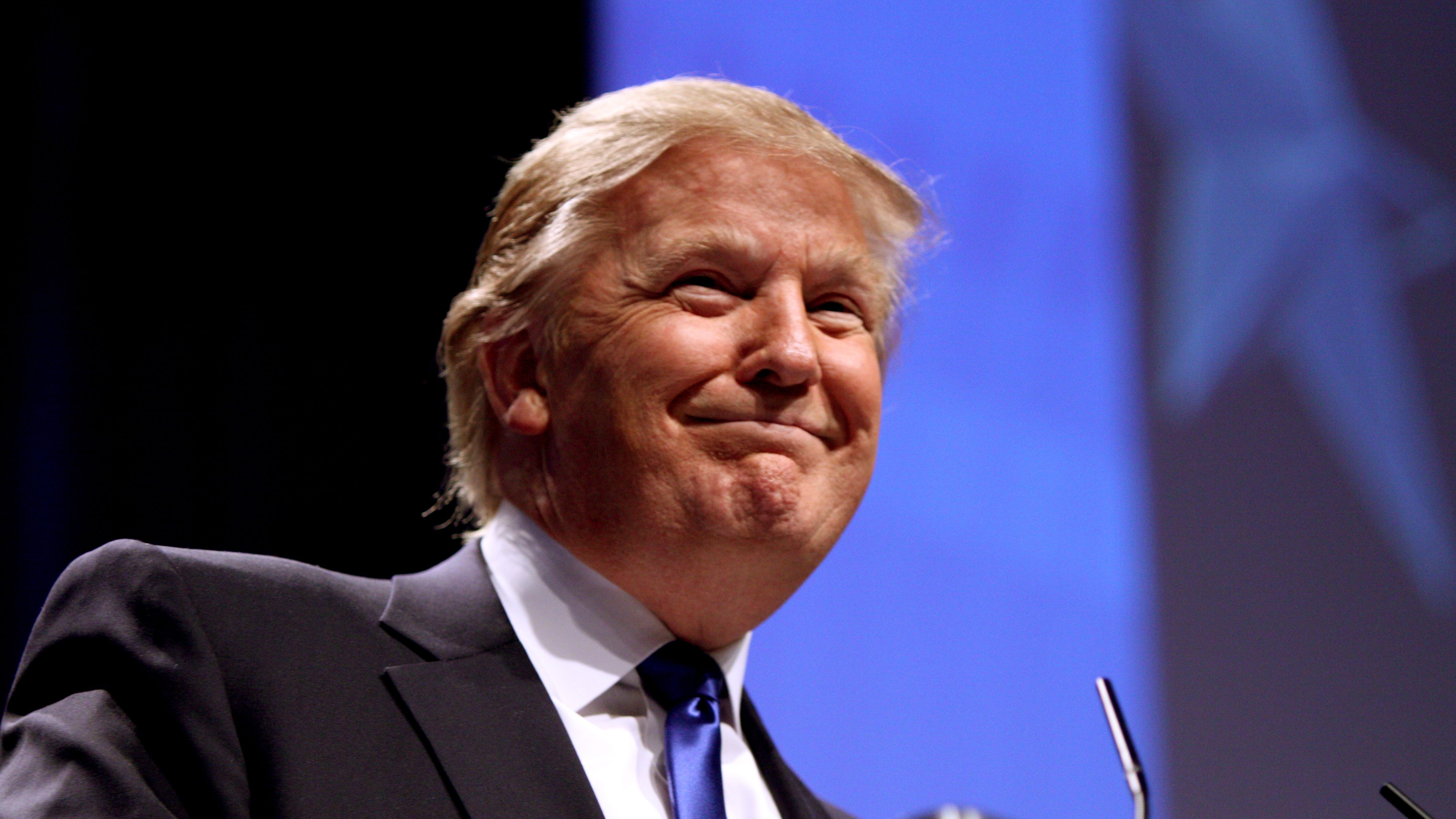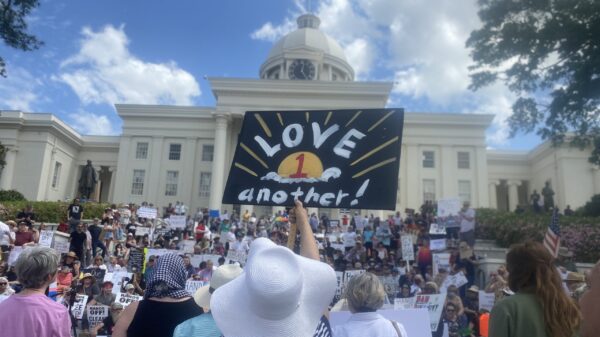President Donald Trump still has not signed the bipartisan COVID-19 relief and omnibus spending bill that Democrats and Republicans overwhelmingly approved on Dec. 21, raising the likelihood that the government could shut down on Tuesday if the president doesn’t sign the bill before then.
Trump continues to insist that the individual direct payments be raised from $600 to $2,000.
“I simply want to get our great people $2,000, rather than the measly $600 that is now in the bill,” Trump said on Twitter.
While Trump is pushing for $2,000 now, the deal Congress approved was negotiated by Trump’s Treasury secretary, Steven Mnuchin, who had called the deal “fabulous” just hours before the president proclaimed he was opposed to it after it had already passed.
Mnuchin is one of the few people who lasted all four years of the Trump administration.
“From the beginning, he’s had a tough job but has always understood the seriousness of the crisis. … Mnuchin has been a very positive force,” said Sen. Mark Warner, D-Virginia, who is close friends with Mnuchin. “But everyone who has ever tried to speak for Donald Trump has had their legs cut out from under them eventually.”
Congress will meet on Monday to try to avoid a pending government shutdown.
Congress could pass a continuing resolution to fund the government and pass this off to the 117th Congress which convenes on Jan. 3, but extending spending another week, without a COVID relief deal, could mean that an estimated 14 million unemployed Americans could lose their benefits.
The eviction moratorium would also end. Millions of Americans could potentially lose their homes beginning in January — and there would be no direct payments to Americans, commonly known as stimulus checks.
Congress could also simply vote to override the lame-duck president’s veto, but that comes with political risks for Republicans. Congress could also cave to the increasingly unpredictable president’s last-minute demands.
On Thursday, Republicans in the House of Representatives refused to raise the size of the stimulus checks while Democrats refused to eliminate foreign aid spending that the president called “wasteful” even though his administration signed off on the spending before Congress voted.
Speaker of the House Nancy Pelosi, D-California, is vowing to bring the $2,000 direct payments back up for a vote on Monday.
On Saturday, President-elect Joe Biden criticized Trump for refusing to sign the agreement into law.
“It is the day after Christmas, and millions of families don’t know if they’ll be able to make ends meet because of President Donald Trump’s refusal to sign an economic relief bill approved by Congress with an overwhelming and bipartisan majority,” Biden said in a statement. “This abdication of responsibility has devastating consequences.”
The government spending and COVID relief package isn’t the only measure with an uncertain future after Trump unexpectedly vetoed the National Defense Authorization Act on Wednesday even though it passed both chambers of Congress with large bipartisan majorities. The NDAA sets national defense priorities and funds the military.
Biden will not be inaugurated as president until Jan. 20. If Congress cannot get a government spending deal done with an embittered Trump or if lawmakers refuse to override his veto before then, leaders would have to negotiate a deal with the new administration, which would likely have many different budget priorities.



















































